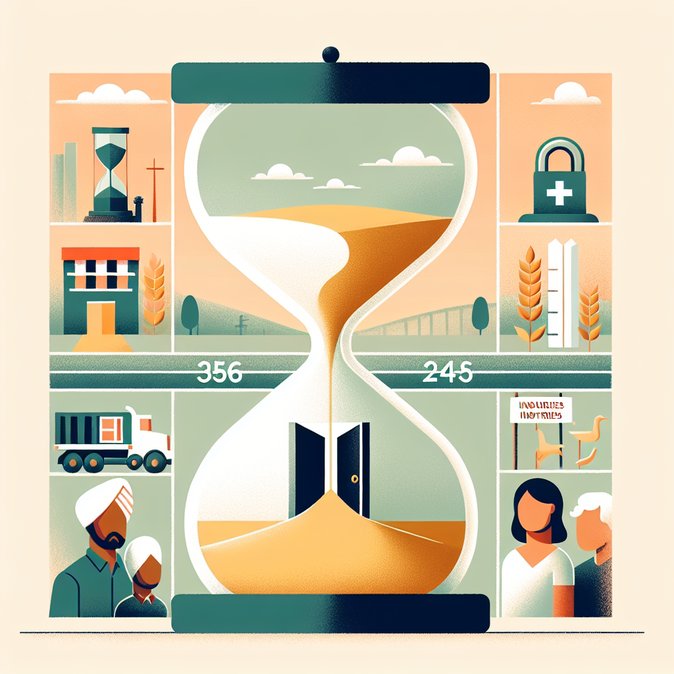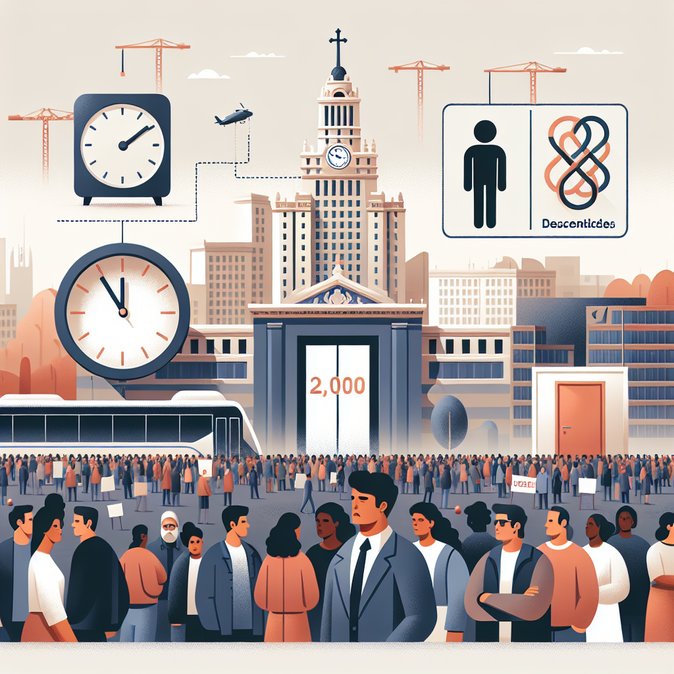
In a move widely applauded by migrant-rights NGOs and labour-short hospitality groups, Spain has shortened the residence requirement for its Arraigo Social and Arraigo Sociolaboral permits from three years to two. The change, published in the 19 November edition of the Official State Gazette, applies to all applications lodged from 20 November 2025 onward.
Arraigo permits convert undocumented migrants who can prove ‘roots’ in Spain – through a job offer, family ties or community integration – into full legal residents with the right to work. Cutting the qualifying period by 12 months could benefit tens of thousands who entered the country before November 2023, particularly in industries struggling with staff shortages, such as agriculture, construction and elder-care.
![Arraigo Reform: Undocumented Migrants Now Need Only Two Years’ Presence for Legal Status]()
Corporate Spain also stands to gain. Mobility managers can now regularise key workers sooner, reducing cash payments and social-security risks linked to informal hiring. Immigration lawyers advise employers to audit payrolls immediately: any foreign national who can document 24 months of continuous stay plus a 30-hour labour contract may already qualify.
Critics worry that shorter timeframes could invite fraudulent tenancy registrations, but the ministry insists new digital cross-checks will detect fabricated utility bills or padrón certificates. Meanwhile, several autonomous communities are drafting guidance to standardise proof of integration (language courses, volunteer work, etc.) to avoid the current postcode lottery.
For affected migrants, the message is clear: gather rental contracts, empadronamiento records and community letters now. With shorter queues expected, early applicants could hold a residence card by summer 2026 – a game-changer for families locked out of formal housing and healthcare until now.
Arraigo permits convert undocumented migrants who can prove ‘roots’ in Spain – through a job offer, family ties or community integration – into full legal residents with the right to work. Cutting the qualifying period by 12 months could benefit tens of thousands who entered the country before November 2023, particularly in industries struggling with staff shortages, such as agriculture, construction and elder-care.

Corporate Spain also stands to gain. Mobility managers can now regularise key workers sooner, reducing cash payments and social-security risks linked to informal hiring. Immigration lawyers advise employers to audit payrolls immediately: any foreign national who can document 24 months of continuous stay plus a 30-hour labour contract may already qualify.
Critics worry that shorter timeframes could invite fraudulent tenancy registrations, but the ministry insists new digital cross-checks will detect fabricated utility bills or padrón certificates. Meanwhile, several autonomous communities are drafting guidance to standardise proof of integration (language courses, volunteer work, etc.) to avoid the current postcode lottery.
For affected migrants, the message is clear: gather rental contracts, empadronamiento records and community letters now. With shorter queues expected, early applicants could hold a residence card by summer 2026 – a game-changer for families locked out of formal housing and healthcare until now.


